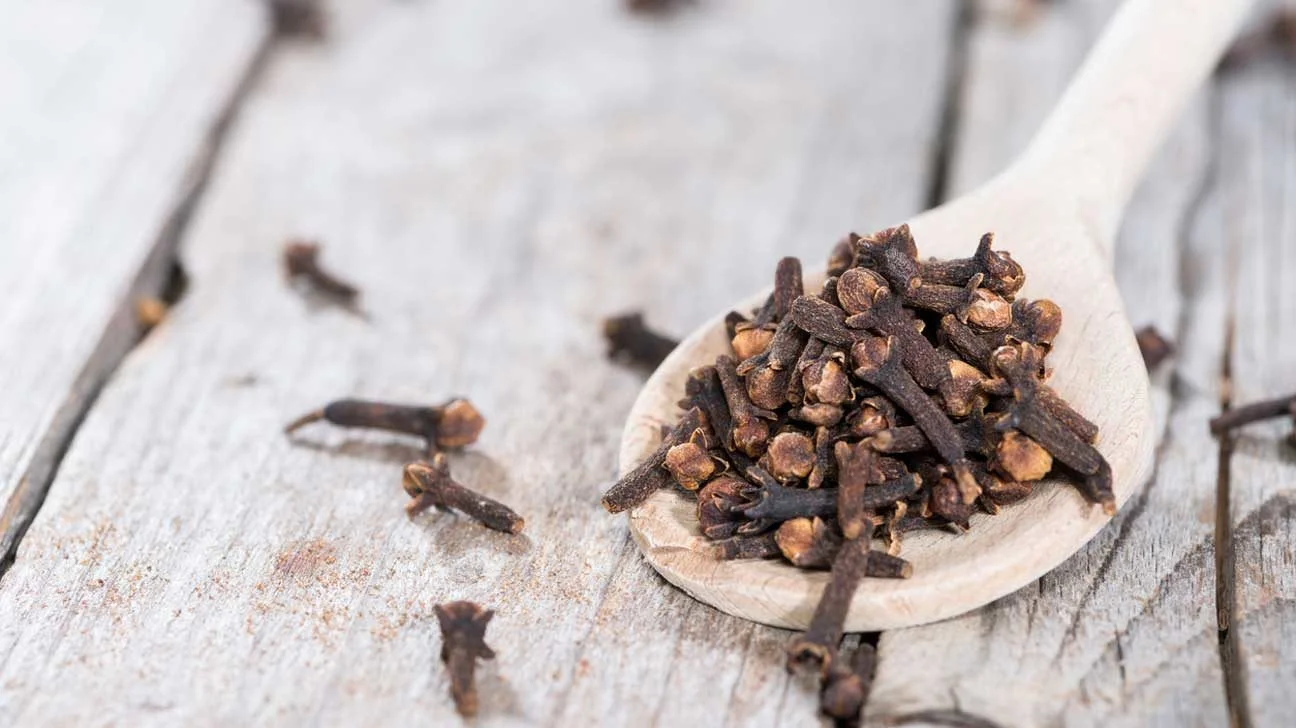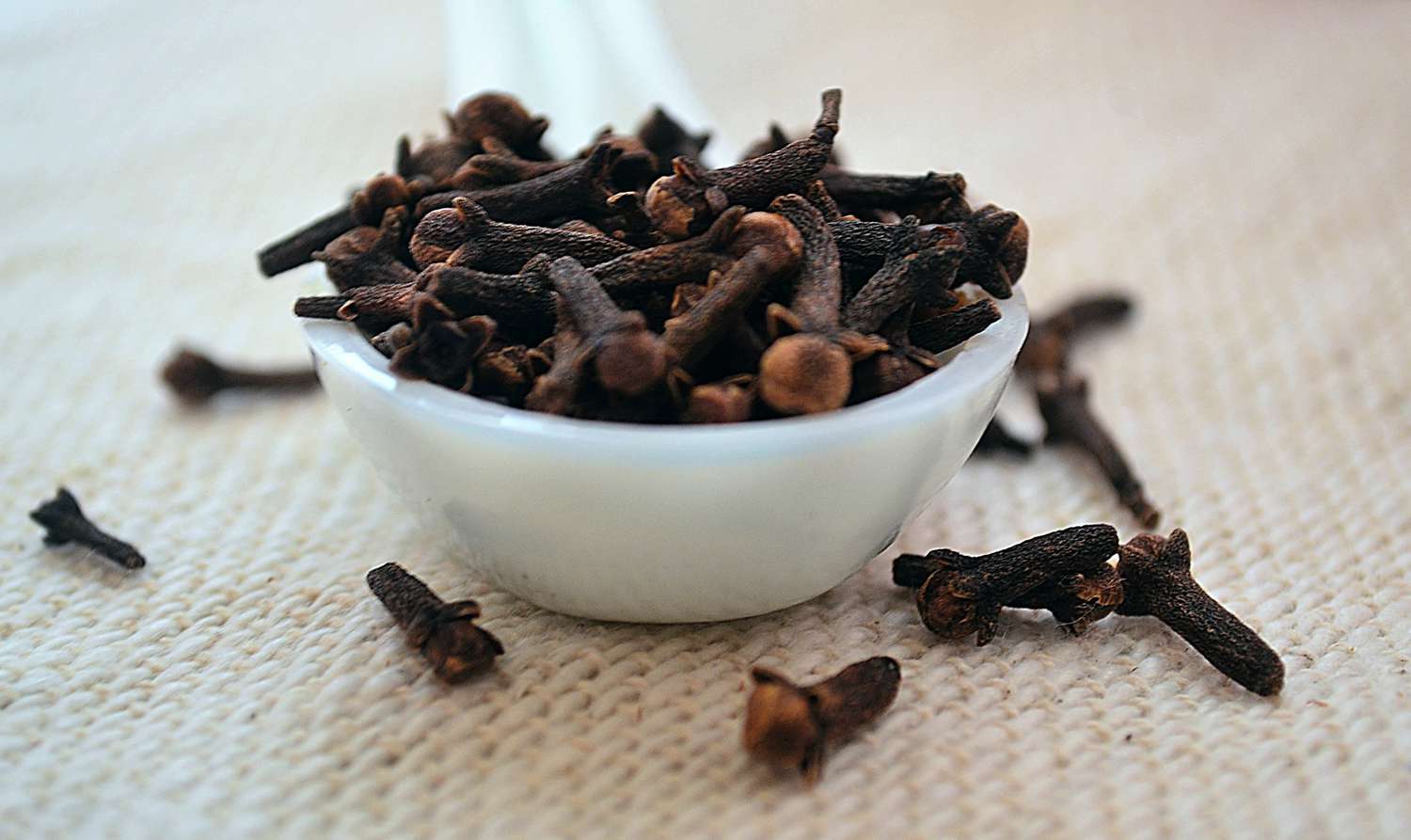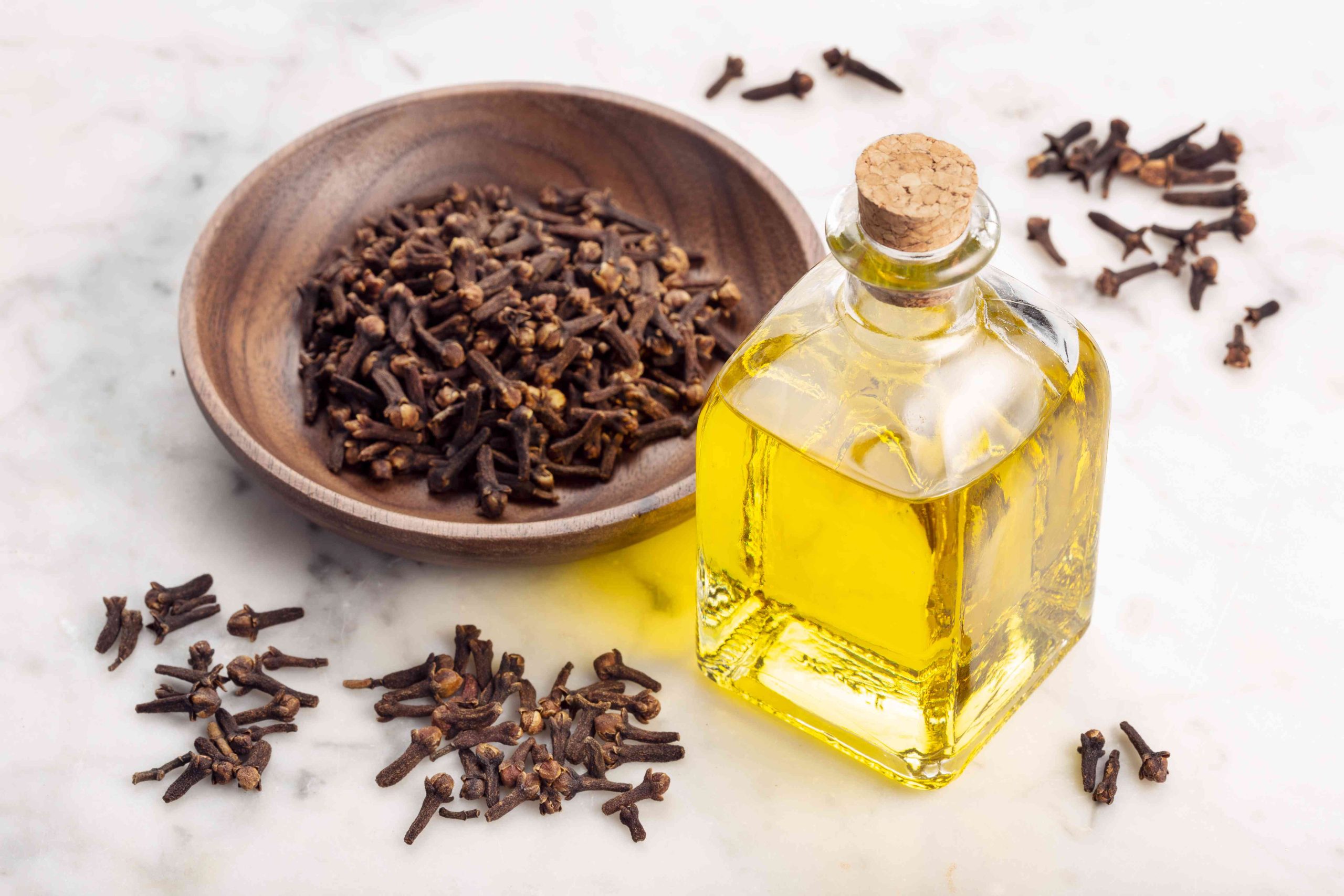Cloves are a well-loved spice recognized for their unique flavor and numerous health benefits, including antibacterial properties and potential blood sugar regulation.
However, as with many potent spices, cloves may not be suitable for everyone and could cause adverse effects in individuals with certain health conditions. Here’s an overview of situations where avoiding cloves might be necessary:

1. Bleeding Disorders
Cloves contain eugenol, a natural anticoagulant that can slow blood clotting. While this may benefit some, it poses a risk for those with bleeding disorders such as hemophilia or individuals on blood-thinning medications like warfarin. Consuming cloves could increase the likelihood of excessive bleeding or bruising.
2. Before Surgery
Because of their blood-thinning properties, cloves should be avoided in the lead-up to surgical procedures to reduce the risk of excessive bleeding. It’s recommended to stop consuming cloves, clove oil, or supplements at least two weeks before surgery.

3. Pregnancy and Breastfeeding
The safety of cloves during pregnancy and breastfeeding has not been extensively studied. High doses of cloves or clove oil might stimulate the uterus or cause other unwanted effects. For this reason, pregnant or nursing mothers are advised to avoid large amounts of cloves, though normal culinary use is generally considered safe.
4. Children
Undiluted clove oil is particularly harmful to children and can cause severe irritation. Ingesting clove oil has been linked to seizures, liver damage, and fluid imbalances in children. Always consult a pediatrician before using clove-based treatments in children’s health care.

5. Allergies
Individuals with allergies to cloves or plants in the Myrtaceae family (which includes eucalyptus, guava, and allspice) should steer clear of cloves. Allergic reactions can range from mild skin irritation to severe respiratory issues.
6. High Doses
While moderate culinary use is safe, excessive consumption of cloves can lead to irritation of the mouth, throat, and digestive system. High levels of eugenol, the active component in cloves, may also cause liver damage, particularly in those with pre-existing liver conditions.

7. Acid Reflux or Gastrointestinal Sensitivity
Cloves’ strong properties can irritate the gastrointestinal tract, potentially worsening acid reflux, heartburn, or gastric ulcers. Individuals with sensitive digestive systems may need to limit or avoid clove consumption.
Conclusion
Cloves offer impressive health benefits but should be used cautiously, especially if you fall into any of the categories above. It’s always best to consult a healthcare professional before incorporating cloves or clove-based products into your routine, particularly if you have existing health conditions or take medications.






